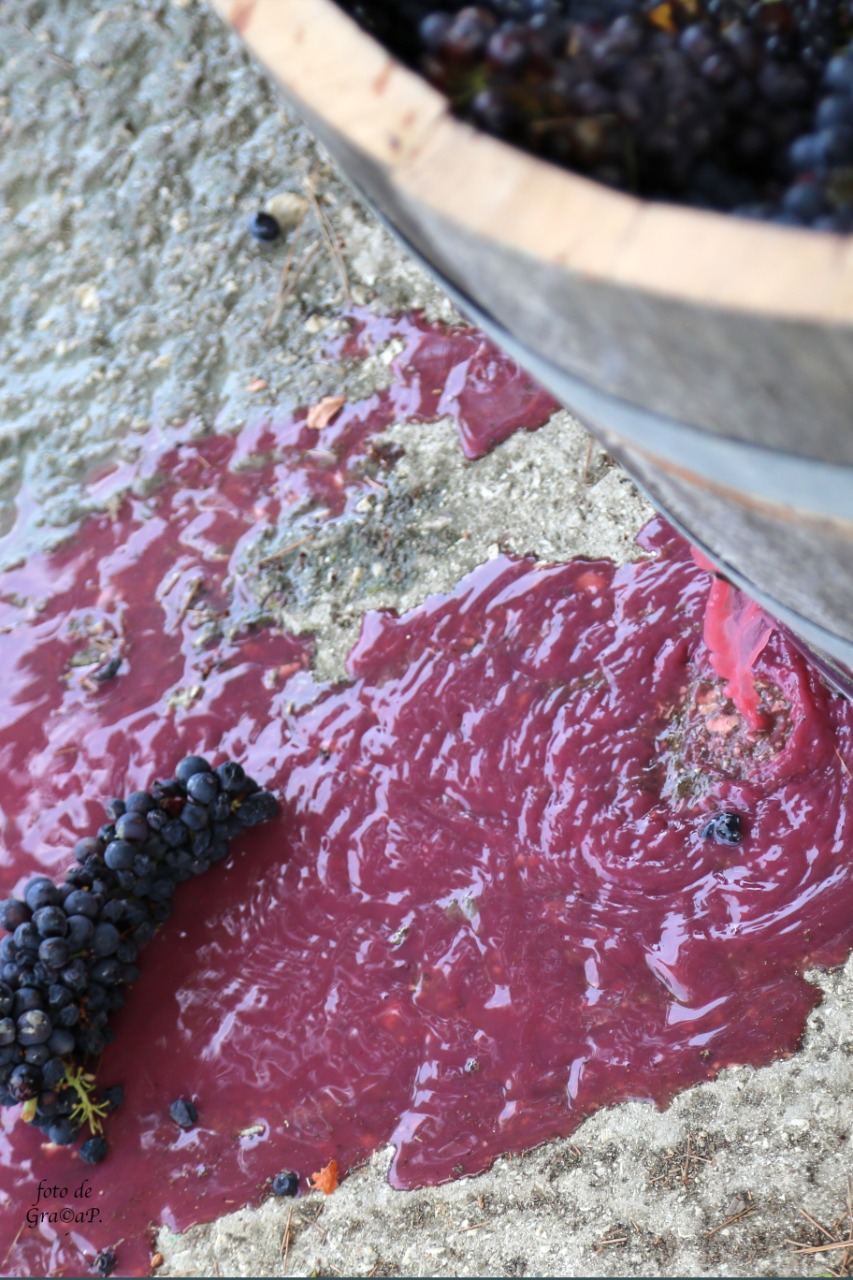Vino e ispirazione poetica nella Grecia antica
DOI:
https://doi.org/10.47661/afcl.v13i26.31291Keywords:
Dionysos, wine, musical performance, wisdomAbstract
The article analyzes the testimonies in which the wine, as Dionysos drink, is considered a source of poetic inspiration: starting from Archilochus, passing through lyrical poets such as Alcaeus, Anacreon and Pindarus, up to comedy and epigrammatic poetry, shows the function of God to inspire musical performance. In this function the specificity of Dionysus is identified in relation to the Muses, traditional inspirers of Aedic poetry. Analogous is however for the song aroused by Dionysos, as for the épea inspired by the Muses, the ability to provide authentic sophía, the true wisdom, consisting of a global vision of reality, reached in deep communion with the god of ecstasy.References
Cannatà Fera, M. Pindarus. Threnorum Fragmenta, Roma 1990.
Crowther, N.B. “Water and Wine as Symbols and Inspiration”, Mnemosyne 32 (1979), 1-11.
Del Grande, C. ΤΡΑΓΩΔΙΑ. Essenza e genesi della tragedia, Napoli 1951.
Della Bianca, L. & Beta, S. Oinos. Il vino nella letteratura greca, Roma 2002.
Ieranò, G. Il ditirambo di Dioniso. Le testimonianze antiche, Pisa 1997.
Jeanmaire, H. Dioniso. Religione e cultura in Grecia, trad. it., Torino 1972.
Lavecchia, S. Pindari Dithyramborum Fragmenta, Roma-Pisa 2000.
Melena, J.L. “Perfiles generales para una historia del ditirambo como género literario”, Tabona IV (1983) 181-223.
Mendelsohn, D.A. “Συγκεραυνόω: Dithyrambic Language and Dionysiac Cult”, The Classical Journal 87 (1992), pp. 105-124.
Olivieri, O. “Il ditirambo 2 (= fr. 70B Maehl.) di Pindaro per Tebe: dalla festa degli dei dell'Olimpo alle porte dell'Ade”, Paideia 64 (2009), pp. 91-117.
Picard, C. “La triade Zeus-Héra-Dionysos dans l'Orient hellénique d'après les nouveaux fragments d'Alcée”, Bulletin de Correspondance Hellénique 70 (1946), pp. 455-473.
Pickard-Cambridge, A. Dithyramb, Tragedy and Comedy, Oxford 1962.
Pretagostini, R. “Anacr. 33 Gent. = 356 P.: due modalità simposiali a confronto”, Quaderni Urbinati di Cultura Classica 39 (1982) 47-55.
Privitera, G.A. “Archiloco e le divinità dell’Archilocheion”, Rivista di Filologia e di istruzione classica 94 (1966) 5-25.
_________. Dioniso in Omero e nella poesia greca arcaica, Roma 1970.
_________. “Origini della tragedia e ruolo del ditirambo”, Studi italiani di filologia classica 84 (1991), 184-195.
Zimmermann, B. Dithyrambos. Geschichte einer Gattung, Göttingen 1992.
_________. Archiloco, fr. 120 West, “Ariona e il ditirambo nel settimo e sesto secolo a.C.”, Studia philologica Valentina 2 (1997) 63-66.


